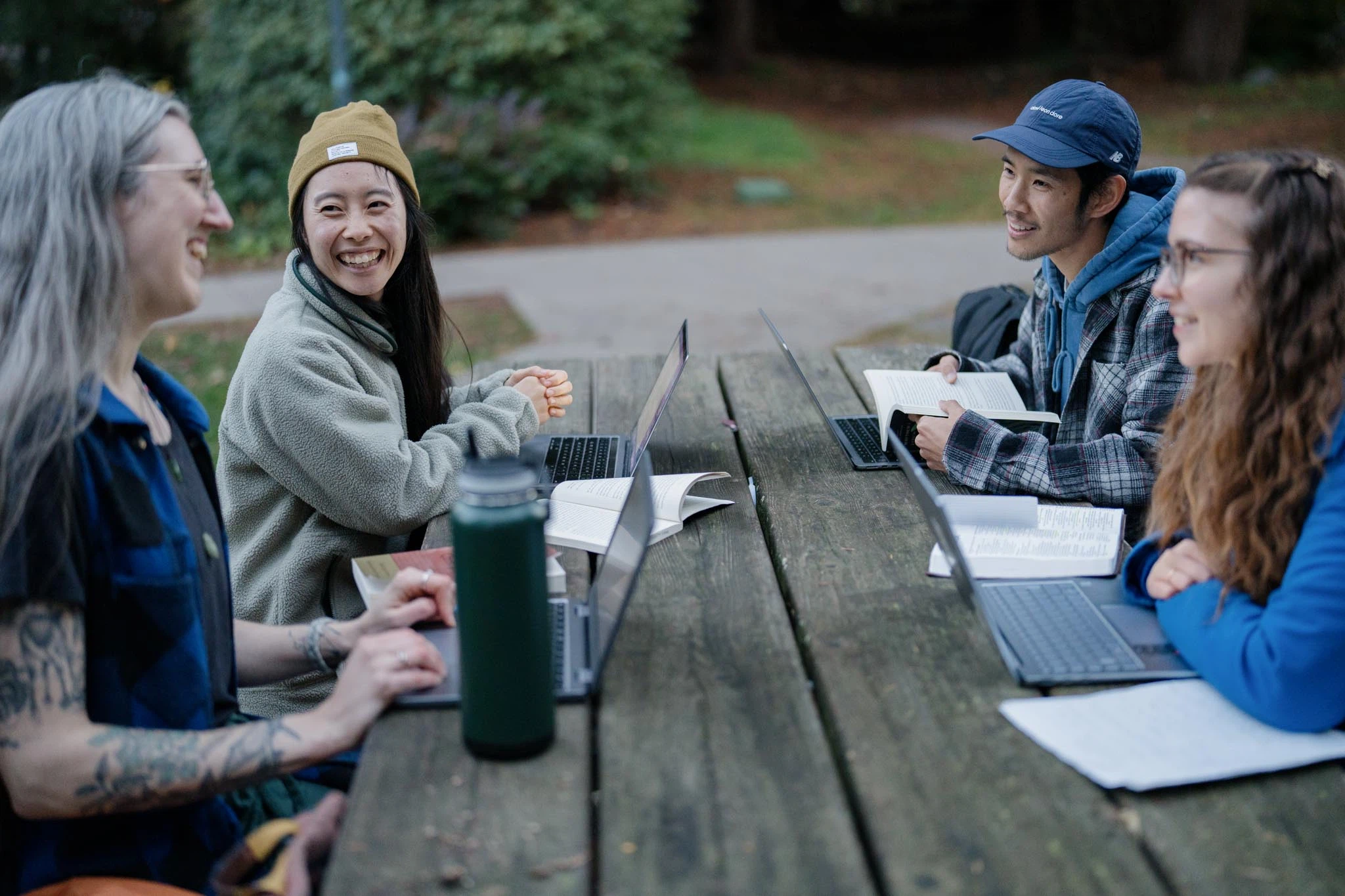Graduate Programs

Graduate Diploma in Christian Studies
Our most flexible graduate program gives you a foundation for a lifetime of growth in your faith. Deepen your understanding of Scripture and Christian teaching, and explore the topics and questions that matter to you.
Master of Arts in Christian Studies
This interdisciplinary master’s degree invites you to explore ideas and perspectives from different theological fields and consider how they relate to your questions, your context, and your calling.
Master of Arts in Theological Studies
Our MATS program gives you an introduction to the breadth of theological thinking, then lets you go deep in an area of concentration. Explore the difference Christ makes to the subjects that interest you most.
Master of Divinity
Prepare for ministry in a context that reflects the diverse and complex world you’re called to serve. Learn with classmates different backgrounds and vocations, and discover what God is doing both within and beyond your own church tradition.
Master of Arts in Leadership, Theology & Society
MALTS is a low-residency, cohort-based program for working professionals. Explore big questions and develop practical leadership skills, all within a close-knit community.
Master of Theology
Our most advanced degree is a bridge to the next stage of your journey. Develop your research, writing, and analytical skills embedded within a supportive student and faculty community.